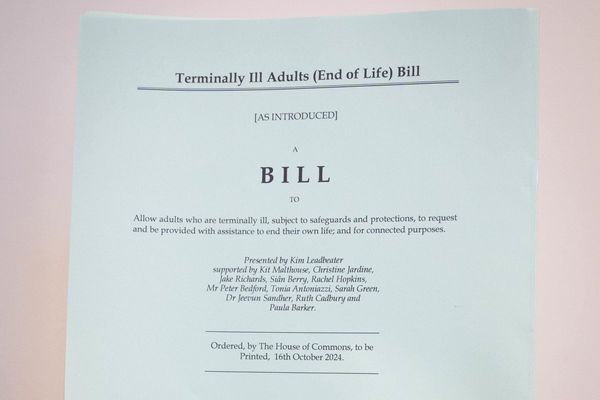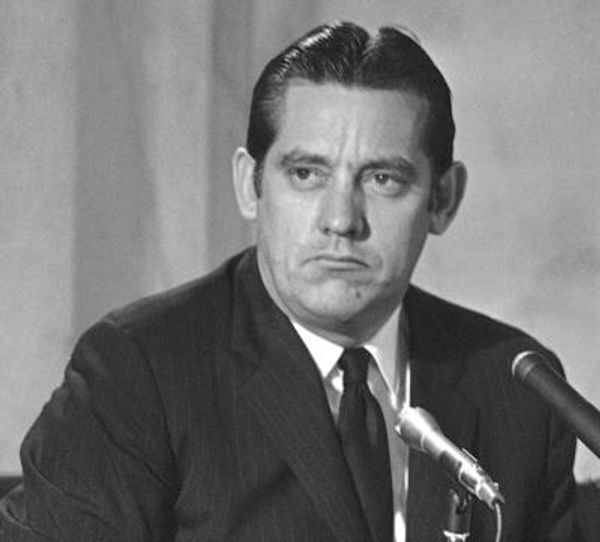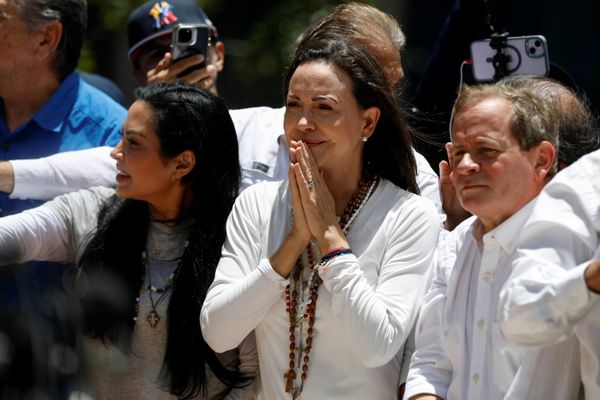
Former UK chancellor Rishi Sunak has become the United Kingdom’s third prime minister in seven weeks after his rival Penny Mordaunt withdrew from the Conservative Party leadership contention.
Sunak becomes PM during a period so fractious it has required Wikipedia to put together a disambiguation page for the phrase “2022 United Kingdom government crisis”, and with the Tories lagging more than 30 percentage points behind the Labour Party in the polls.
Apart from the fact that he’s just accepted a chalice so poisoned it’s visibly eroding, here’s a handful of things to know about Rishi Sunak:
A series of firsts
As we’ve noted before, the UK Conservative Party may be packed with climate-change deniers who are stunningly cold-blooded towards refugees, but it’s a very diverse bunch of climate-change deniers who are stunningly cold-blooded towards refugees. Sunak becomes the first person of colour, the first person of South Asian descent and the first Hindu to become British prime minister.
Wealth
Sunak is also arguably the richest prime minister the UK has ever had. His wife is Akshata Murty, daughter of N R Narayana Murthy, a founder of multinational IT company Infosys. The stake Murty holds in the company makes her one of the wealthiest women in Britain — though not necessarily for tax purposes. It’s estimated that until a media storm earlier this year forced a change in approach, her use of non-domiciled status denied the UK Treasury (which Sunak was at the time in charge of) roughly 20 million pounds over a decade.
Around the same time it was revealed Sunak had held a US green card while serving as Britain’s finance minister. The pair have a collective wealth of £730 million (A$1.3 billion).
Popularity
Early in the COVID crisis, Sunak oversaw, among other things, a £330 billion emergency support fund for businesses aimed at avoiding mass redundancies and bankruptcies. During this time he earned the nickname “Dishy Rishi“, and according to The New Statesman achieved “better ratings than any politician since the heydays of Tony Blair” and the highest approval rating for a chancellor since Denis Healey in 1978.
Then came “partygate” — Sunak was one of 82 people fined for breaching COVID restrictions — along with the revelations about the Sunak household’s financial management and his resignation from the Johnson cabinet. His popularity plummeted.
He now becomes the leader of a shambolic and profoundly divided party and a weary and scandal-jaded country in the middle of raging economic turmoil. It is little wonder he is so far resisting Labour’s calls for an early election.
UPDATE: A previous version of this article referred to Sunak as the first “non-Christian” prime minister of the United Kingdom. A few people have gotten in contact with us to say this ignores Benjamin Disraeli, who was prime minister twice, for just under 10 months in 1868 and then again between 1874 and 1880, and was of Jewish heritage.
While Disraeli’s father left Judaism and converted his children to Anglicanism when Disraeli was 12, the fact alone that Disraeli couldn’t have entered Parliament had he maintained his Jewish faith made it flip to declare there had been no non-Christians hold the office of prime minister. The assertion also ignored PMs such as Clement Attlee, James Callaghan and Neville Chamberlain who — openly or otherwise — professed to have no religious faith.
Will Sunak steer the UK out of chaos? Is an election on the way? Let us know your thoughts by writing to letters@crikey.com.au. Please include your full name to be considered for publication. We reserve the right to edit for length and clarity.







